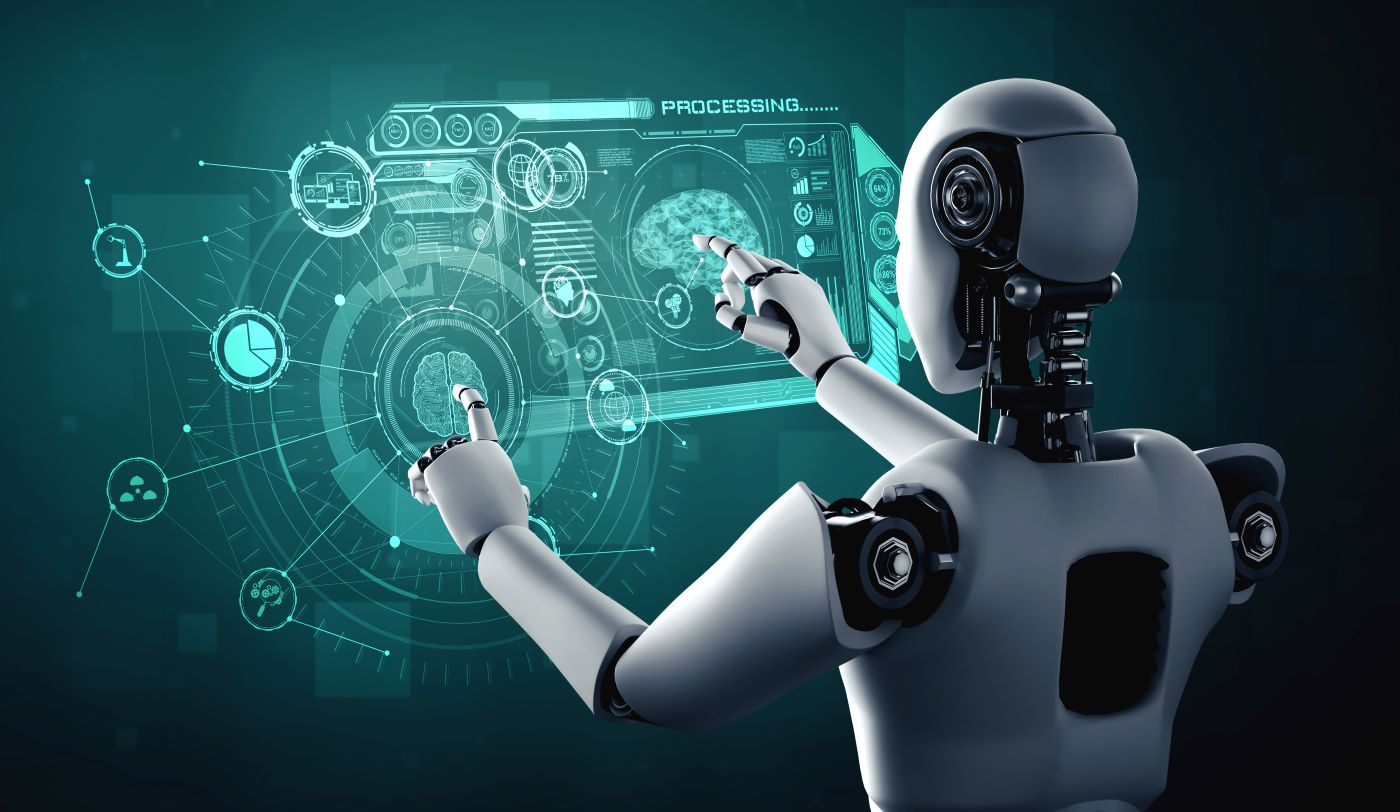In a period of technological innovation and advancement, the world has witnessed a paradigm-shifting change in the way that industries operate. The power of automation and robots has been embraced by key players in order to streamline processes, improve productivity and create a competitive advantage over competitors. The heart of this change is the field of robotics, a realm that encompasses the development, integration and installation of robotics solutions across many industries.
Understanding Robotics and Its Applications
The field of robotics is science and engineering field that is focused on the development, construction as well as the operation and application of robots. A robot is a piece of equipment capable of carrying out tasks on its own or under the guidance of a human. These machines are designed to execute repetitive or intricate actions, often in environments which are hazardous or challenging for humans.

Robotics goes beyond automation. It encompasses a wide range of technologies that are intended to change industries and improve the lives of humans. From healthcare and manufacturing to entertainment and logistics, robots are advancing into diverse domains, presenting an array of new possibilities.
The Rising of Automation: a Paradigm Change
Automation, and specifically robotic automation is at the center of modern industrial revolution. Automated systems has dramatically altered the landscape of how firms operate, optimizing processes and driving efficiency. Automation is about the ability of machines or robots to perform tasks with minimal or no human involvement, using technology to increase speed, precision and efficiency.
Robotic automation is the process of using machines to complete tasks humans have performed previously. They can imitate human movements, which makes them a useful asset across sectors. Robots change our work practices when they’re assembling products in a factory or performing complex surgeries in healthcare.
Robotic Process Automation (RPA) is one of the pioneers in efficiency
Robotic Process Automation (RPA) is a type of automation technology that involves the use of robots to automate repetitive, rule-based activities within business processes. RPA employs software robots or “bots”, to perform routine tasks. This allows human employees to focus on more difficult tasks.
RPA is a game changer for several industries, offering accuracy, agility and cost-efficiency. From data entry and invoice processing to customer service and HR processes, RPA is reshaping workflows and enhancing the overall efficiency of the organizations. For more information, click Robotic Process Automation
Advancing Industries with Fanuc Robots
Fanuc is among the leaders in the robotics field. The company is a leader in the design and implementation of robots across a range of industries. Fanuc’s robots are known for their durability, precision as well as their versatility. They are the preferred choice in many industries.
Through the integration of Fanuc robots, industries are able to change the way they operate. They were created to increase productivity and the amount of work done while maintaining the highest quality standards. Fanuc’s revolutionary products are created with a focus at safety, keeping workers from potentially hazardous jobs.
Fanuc: The advantage in the race to be competitive in driving
Fanuc robots provide industries with an advantage over competitors in their markets. Fanuc’s robotic solutions are efficient and productive, resulting in a faster ROI. Automating repetitive, labor-intensive tasks allows firms to allocate their workforce to tasks that require a lot of creativity and solving problems.
In addition, Fanuc’s solutions for robots can be tailored to meet unique requirements of different industries. Fanuc’s innovative approach to designing and using robots provides industries with the ability to quickly respond to market shifts, remain ahead of the competition, and maintain their growth.
A glimpse into the Future
As technology continues to advance, the landscape of automation and robotics will likely to grow. Future developments will include AI enhancements sensors that are more accurate as well as increased cooperation with robots.
The final conclusion is that the combination of automation and robotics including Robotic Process Automation, Fanuc robots are revolutionizing industries. It propels them to the future. The efficiency gained by robots allows businesses to not just thrive in the current competitive environment as well as establishing new frontiers of innovative technology. We are on the threshold of a new era, the role of robotics and automation will undoubtedly continue to shape our lives.